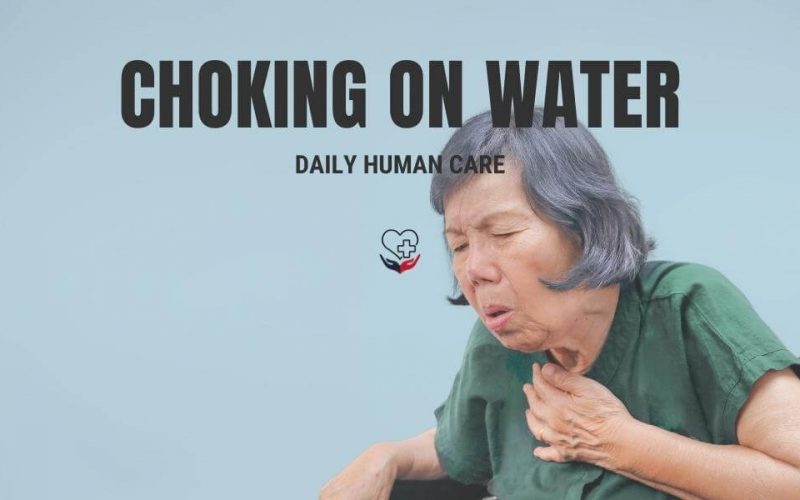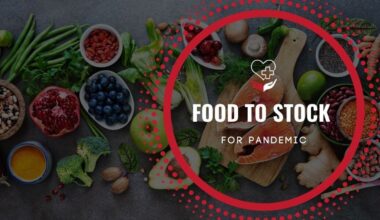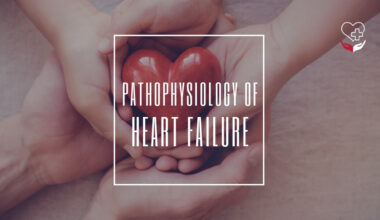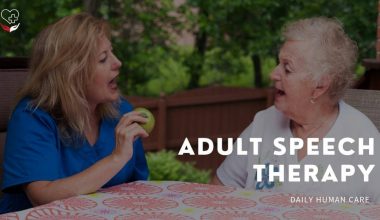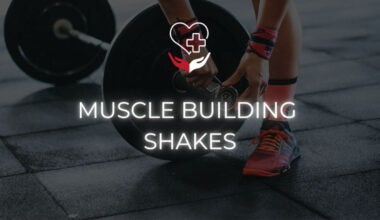Table of Contents
Difficulty swallowing and Choking on water
Dysphagia, the medical term for difficulty swallowing, is a frequent ailment among the elderly. It affects roughly 15% of the senior population.
Your senior loved one may be having difficulty swallowing or choking on water. If you have, you know how frightening it may be to try to assist them. It’s possible that you’ll feel helpless.
Keep reading if you’re sick of feeling this way or if you just want to be better prepared for future issues.
Everything you need to know about swallowing difficulties, choking on water, and how to prevent and treat them is provided below.
Symptoms of Dysphagia
Detecting dysphagia in a senior loved one might be challenging at times. If you choke on water or food frequently, you may be suffering from gastroenteritis.
However, there are additional symptoms that are less obvious. Some of the most prevalent signs and symptoms of this illness are as follows:
- After a meal or a drink, the person’s voice takes on a gurgling tone.
- Drooling
- Meal-related sluggishness
- Choking on water, any liquid, or food
- Weight loss occurs as a result of a person’s inability to consume food or drink
Dysphagia may be a possibility if you experience any of the following symptoms.
Stages of dysphagia: Read Here
Treating dysphagia
Dysphagia can have a variety of causes and treatments. An esophageal exam and swallowing ability tests are the most common ways to determine if you have dysphagia.
However, a complete cure is not always achievable when it comes to dysphagia. Dysphagia treatments include:
- Speech and language therapy to develop better swallowing techniques,
- Changes to the consistency of food and liquids,
- Stomach surgery to enlarge the narrowed esophagus or insert a plastic
- Metal tubes are also an option (known as a stent)
Complications of dysphagia
There are a variety of complications that can arise from dysphagia. It’s a typical problem for people to choke or cough when they eat something that goes down “wrong” and plugs their airway.
Malnutrition and dehydration can result if you delay eating and drinking because of your fear of choking.
In certain persons with dysphagia, chest infections, such as aspiration pneumonia, as a result of choking on water and food, require medical attention.
People who suffer from dysphagia may find it difficult to take pleasure in meals and social gatherings.
Why do swallowing problems happen?
The majority of the time, swallowing issues aren’t life-threatening. Is there a reason for this? Dehydration, not chewing food thoroughly, and eating a large mouthful of food are a few examples. As a result of gastroesophageal reflux disease, many people have difficulty swallowing (GERD). When your bile or stomach acid rushes back into your food pipe, you have this ailment (esophagus).
Swallowing problems are common with many prescription drugs. In addition to aspirin, nonsteroidal anti-inflammatory drugs (NSAIDs), doxycycline, potassium, iron, and vitamin C are some of the more commonly prescribed medications. Allergies and even the common cold might also play a role.
Patients with swallowing difficulties may have underlying health issues. Choking can occur as a result of a stroke, Parkinson’s disease, or late-stage Alzheimer’s disease. It’s possible that the cause is diabetes, thyroid disease, cancer of the mouth or throat, or excessive blood pressure. Vocal cord issues are another possibility. Other factors that may affect your swallowing include:
- Breathing tube insertion (tracheostomy)
- oral or pharyngeal resection
- Treatment with x-rays
- Any disease or cancer-related condition that results in a narrowing of the esophagus
- Eosinophilic esophagitis is an allergy disease.
- The esophagus contracts, which causes discomfort.
these swallowing problems cause difficulty swallowing anxiety, which people can overcome in several ways.
Reasons for Dysphagia and Choking on Water
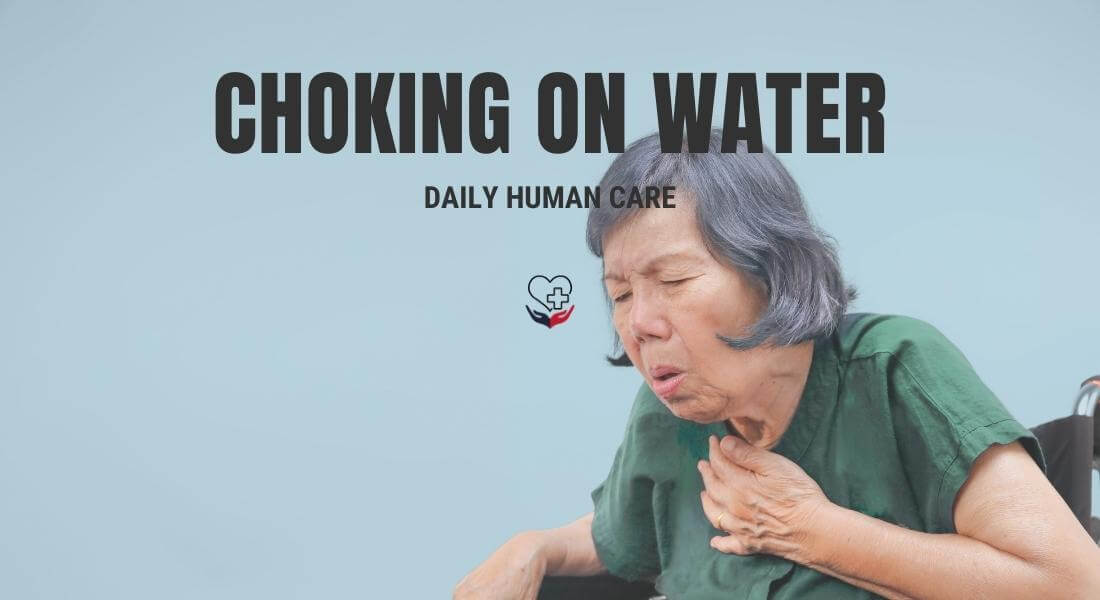
Elderly people have a hard time swallowing, why? Elderly people may develop dysphagia due to a variety of conditions, including the ones listed below:
- Dentures that don’t fit properly or that don’t fit well because of poor oral health
- Reflux of stomach acids
- Medication-induced adverse reactions
- Stroke
- Alzheimer’s and other forms of dementia are examples of cognitive diseases.
- Esophageal, throat, or mouth cancer
In some cases, difficulty swallowing is simply a normal part of aging. The muscles in the mouth and throat can deteriorate with age. Swallowing problems and choking on water can be a result of this.
What you can do about swallowing problems?
Take easy activities at home to make eating and drinking easier if your swallowing difficulties are not linked to a major medical condition.
Take antacids to treat acid reflux symptoms if you have GERD. Make sure the head of your bed is elevated. Don’t eat anything within three hours of going to bed, and eat smaller meals throughout the day. Drinking alcohol and smoking cigarettes are also associated with gastroesophageal reflux disease (GERD). They may also aid if they aren’t present: GERD has been linked to obesity and stress. As a result, physical activity and stress-reduction exercises like yoga may help alleviate your discomfort.
As a result of how you eat and drink, you may have difficulty swallowing Eat more slowly, chew your food completely, and take smaller portions to make swallowing easier.
If you’ve had a stroke, a speech or occupational therapist can help you retrain yourself to swallow. Patients with Alzheimer’s disease who have difficulty swallowing can learn new feeding techniques from a professional. In addition to utilizing a smaller spoon, there are other options. It’s also possible to avoid choking by thickening liquids, such as water, using a particular thickener, such as gelatin.
Another serious sickness, such as cancer, could be the cause of your swallowing difficulties. Medications or even surgery may be required as part of a comprehensive treatment approach.
Treating Swallowing Difficulties
If you discover that your loved one has dysphagia, the following advice can help you manage their condition:
Proper Medication Administration
Patients with Aphasias should not be given water-soluble medications. Choking on water hazards can result from this.
An alternative method of taking their tablets is to mix them with a thick beverage, such as a smoothie.
Additionally, you can smash them up and incorporate them into a cuisine that is thick and simple to swallow, such as pudding or applesauce. Choosing sweet or flavorful foods will assist you to avoid tasting the drug.
Maintain Hydration
Because of dysphagia, elderly people are more susceptible to dehydration. If they are unable to drink water, they may not drink anything at all. This is a possible outcome.
You’ll need to thicken the liquids you give your loved ones to keep them hydrated. Many solutions, such as thickening powders and gels, are available to help people with swallowing difficulties enjoy their beverages.
Avoid Straws
Drinking beverages with a straw is not an option for your loved one. Straws allow people to drink more liquid at once.
This may sound like a wonderful idea at first, but it might actually make your loved one’s life more difficult. They’re more prone to choke and have difficulty swallowing if they consume too much fluids at once.
Dietary Changes
Your loved one’s diet will need to be altered as well, so you’ll have to experiment with new foods and drinks. Eating foods that are soft and simple to swallow is the best way to help your loved one.
Soups prepared with yogurt or peanut butter or pureed veggies also work well.
You should provide your loved ones with high-calorie, high-nutrient foods if they are losing a lot of weight, so keep this in mind. By including these foods in their diet, they will be able to keep their weight under control and prevent suffering from nutritional deficiency.
Improved Posture
The person you care about should be sitting up straight in bed or in a wheelchair while they eat or drink.
Reduces the danger of choking by making it easier for them to eat and drink. You may need to raise their head or modify their back to keep them from falling asleep as they eat or drink.
Swallowing Therapy
Therapy for swallowing problems can help your loved one, too. Dysphagia caused by a stroke or another medical condition may benefit most from this treatment. Their condition could be improved and their quality of life preserved if they cooperate with a medical professional.
Feeding Tubes
Disabled people who have serious difficulty swallowing may require the use of a feeding tube in order to receive appropriate nutrition. As a final option, these tubes can be surgically installed.
Work with a Professional
When caring for a loved one with dysphagia, there are many considerations to keep in mind.
It might be time to consider hiring a home health assistant or moving your elderly loved one into an assisted care facility.
A professional will administer their care, and it will be available to them at all times.
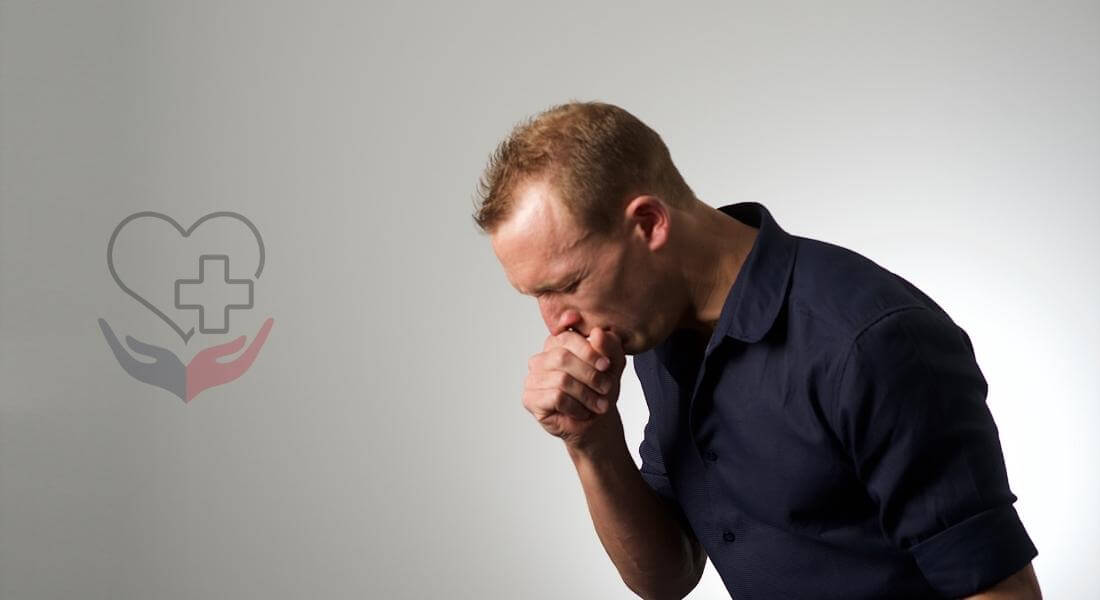
Important questions
What happens if you choke on water?
The esophagus is where liquids and solids are meant to go before ending up in the stomach. When food “goes down the wrong pipe,” it enters the airway. There’s a chance for food and water to go into the lung. Aspiration pneumonia occurs when food or water enters the lungs.
Why do I choke on water?
People are normally protected from inhaling food, saliva, and water by a thin flap of cartilage known as the epiglottis. A person may inhale saliva, water, or food if the epiglottis does not entirely shut the windpipe. This malfunctioning causes choking on water.
What do you do if someone is choking on water?
Do you know what to do if you are choking on liquid? Choking on liquids is usually only a transient problem that doesn’t cause any harm. When someone is choking on anything solid, the first thing they should do is call the emergency services right away (911). If someone chokes on a beverage, becomes blue, gets limp, or passes out, call the emergency services.
Visit Daily Human Care for more interesting health articles.

